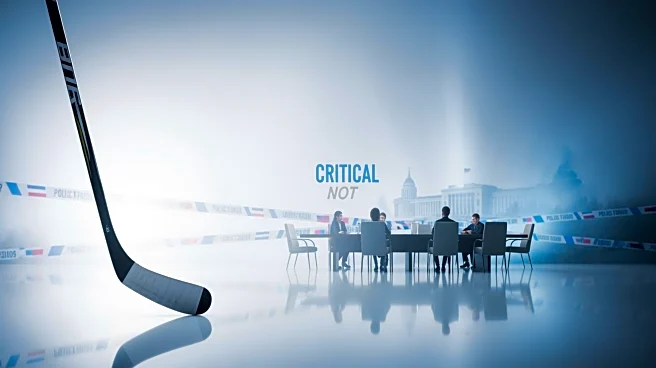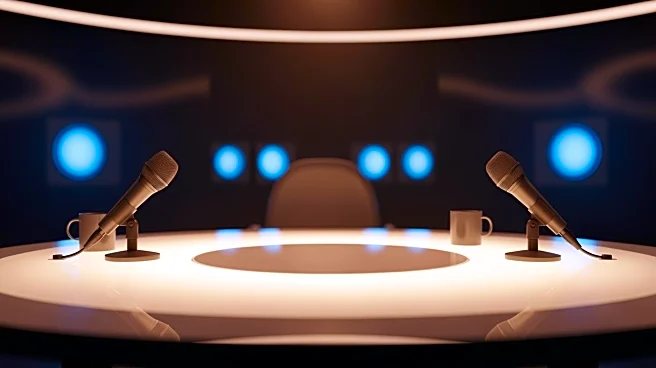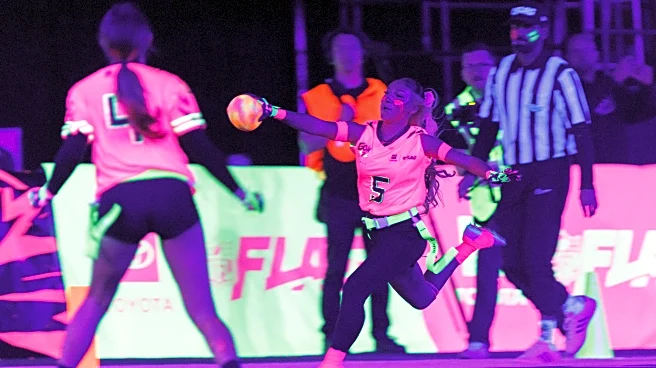What's Happening?
Ryan O'Reilly, a player for the Nashville Predators, has openly criticized his own performance, expressing dissatisfaction with his contributions to the team. O'Reilly, who has been with the Predators, stated
that he feels he has only had one good season in his career, referring to his 2018-2019 season with the St. Louis Blues where he won the Stanley Cup and the Selke Trophy. This season, O'Reilly has recorded six goals and four assists in 16 games, but he described his performance as 'pathetic' and acknowledged his inability to effectively pass the puck. The Predators have been struggling, having lost their third consecutive game, and O'Reilly's comments reflect the broader challenges facing the team.
Why It's Important?
O'Reilly's candid self-assessment highlights the pressures faced by professional athletes to perform consistently at high levels. His remarks may impact team morale and could influence management decisions regarding player trades or acquisitions. With O'Reilly's contract valued at $4.5 million annually, his potential availability on the market could attract interest from other teams seeking experienced players. The situation underscores the competitive nature of the NHL, where individual performance is closely tied to team success. O'Reilly's leadership and past achievements make him a valuable asset, and his willingness to publicly acknowledge his shortcomings may resonate with fans and teammates alike.
What's Next?
As the Nashville Predators continue to navigate their current challenges, O'Reilly's future with the team remains uncertain. If the Predators decide to trade him, several contenders may express interest in acquiring his skills and experience. The team's management will likely evaluate their options, considering both the immediate need for improvement and long-term strategic goals. O'Reilly's performance in upcoming games will be closely watched, as it could influence potential trade discussions and his role within the team.
Beyond the Headlines
O'Reilly's public self-criticism raises questions about the mental and emotional toll of professional sports. Athletes often face intense scrutiny and pressure to perform, which can affect their mental health and well-being. O'Reilly's comments may spark broader conversations about the support systems available to athletes and the importance of addressing mental health in sports. Additionally, his situation highlights the complexities of team dynamics and the role of leadership in navigating periods of adversity.









